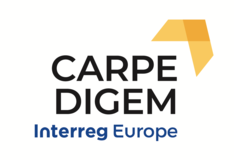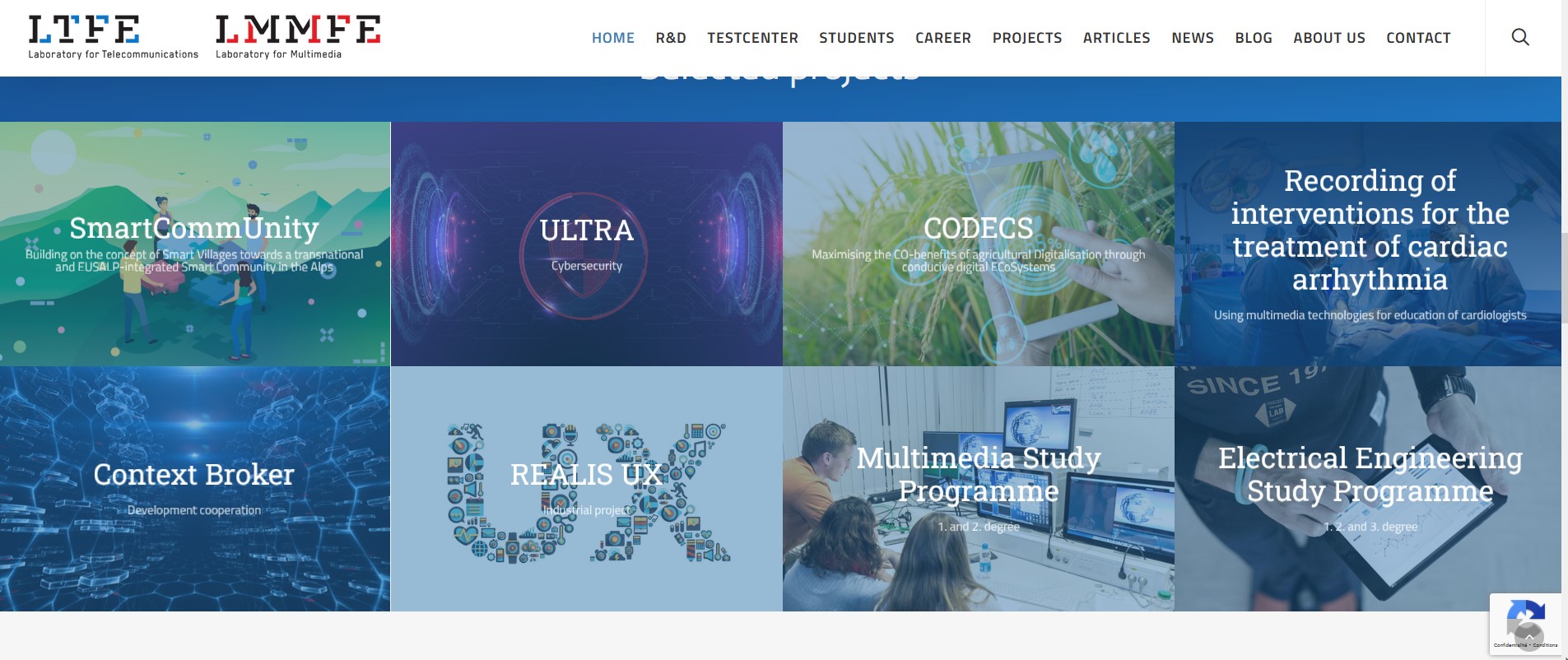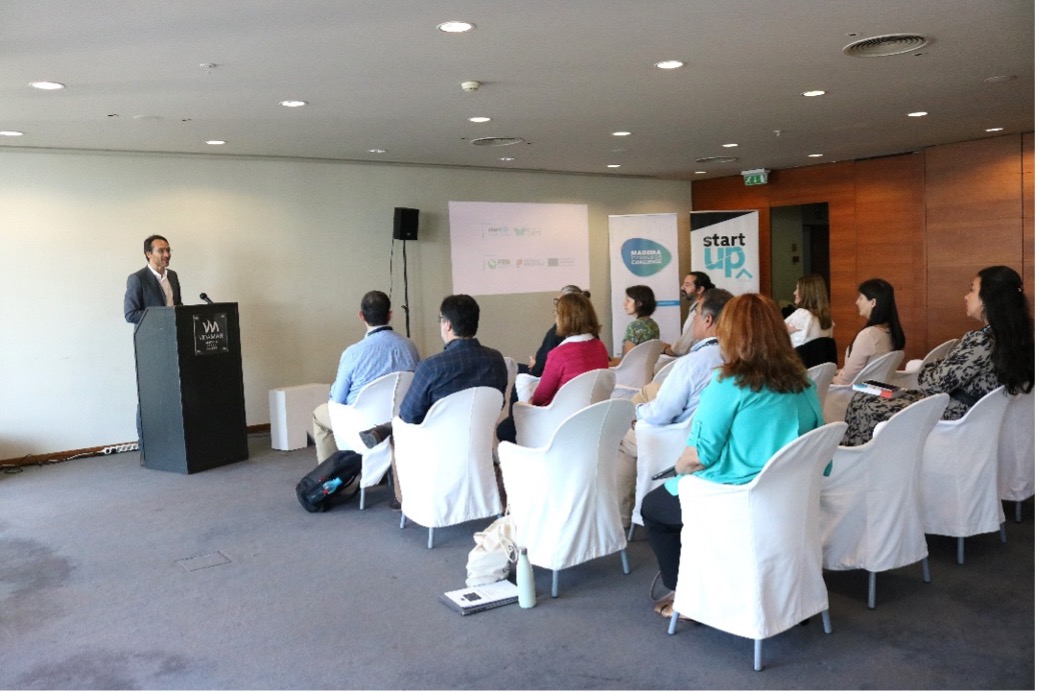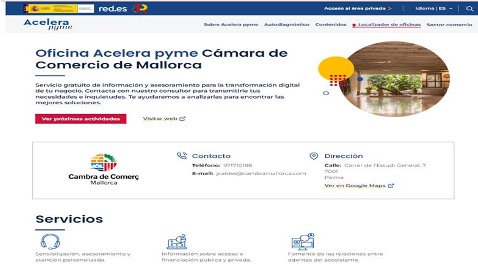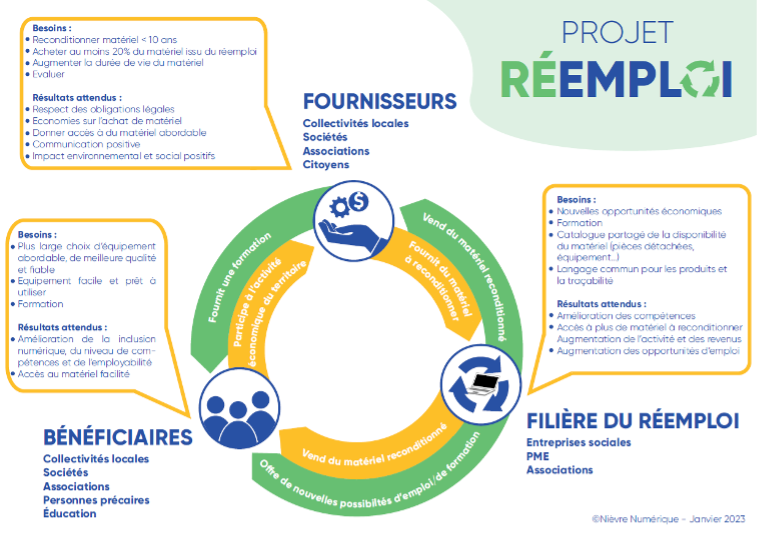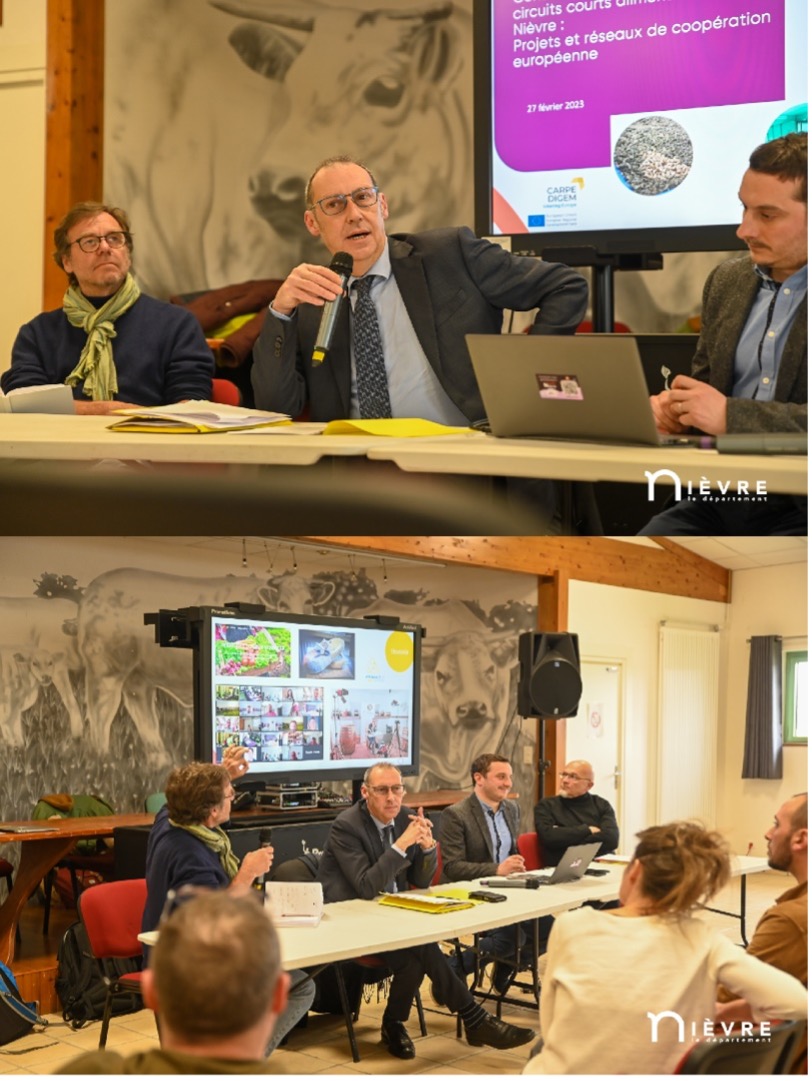On Tuesday 28 June 2022, the Policy Learning Platform held a webinar on the topic of Smart Villages. The webinar explored the concept of Smart Villages which are communities in rural areas that use innovative solutions to improve their resilience, building on local strengths and opportunities to support rural development.
They rely on a participatory approach to develop and implement their strategy to improve their economic, social, and/or environmental conditions, in particular by mobilizing solutions offered by digital technologies. Smart Villages benefit from cooperation and alliances with other communities and actors in rural and urban areas. The initiation and implementation of Smart Village strategies may build on existing initiatives and can be funded by a variety of public and private sources (ENRD).
The EU Rural Review on Smart Villages shows that these initiatives are often driven by a growing concern for the major societal challenges affecting rural areas such as aging and depopulation as well as access to services. At the same time, there is increasing recognition of the need to enable rural communities to make the most of new opportunities offered by digital transformation, the transition to a low-carbon and circular economy, new forms of urban-rural linkages, and emerging value chains.
These topics and challenges have been explored in different Interreg Europe projects, and this webinar featured good practices and lessons from ERUDITE that seek to enhance rural and urban digital innovation territories and CARPE DIGEM promotes digital innovation ecosystems in peripheral and emerging regions in Europe.
Key learnings
From this webinar, we can highlight some key insights for local and regional policymakers:
- Rural areas and Smart Villages can be testbeds and places for experimentation to respond to complex societal challenges. The concept of a Smart Village is a process that must be planned. This requires policymakers to design and implement integrated strategies to respond to place-based challenges as demonstrated by the good practices of Lormes Smart Village in France and Veberöd in Sweden.
- Smart Villages need bottom-up community participation and top-down innovative solutions. The European Commission is providing top-down directionalities and opportunities such as with Smart Rural 21 and Smart Rural 27 offering capacity-building support for implementing the concept of Smart Villages as part of integrated rural development strategies.
There are many funding opportunities to foster Smart Villages (CAP 2023-2027 such as —Cohesion Policy-Policy Objective 5: a Europe closer to citizens, European Regional Development Fund (ERDF), European Territorial Cooperation (ETC), European Maritime, Fisheries and Aquaculture Fund (EMFAF), Horizon Europe), Leader Programme. - Identifying and working with agents of change, such as recognized local “ambassadors” or key groups such as young people, to foster bottom-up community involvement and local engagement have a transformative role in building Smart Villages and identifying the most pressing policy issues.
- Smart Villages initiatives can also be part of the policy response to deal with population growth, housing stress, and/or migration from urban areas as a result of the growth in COVID-led remote working trends
